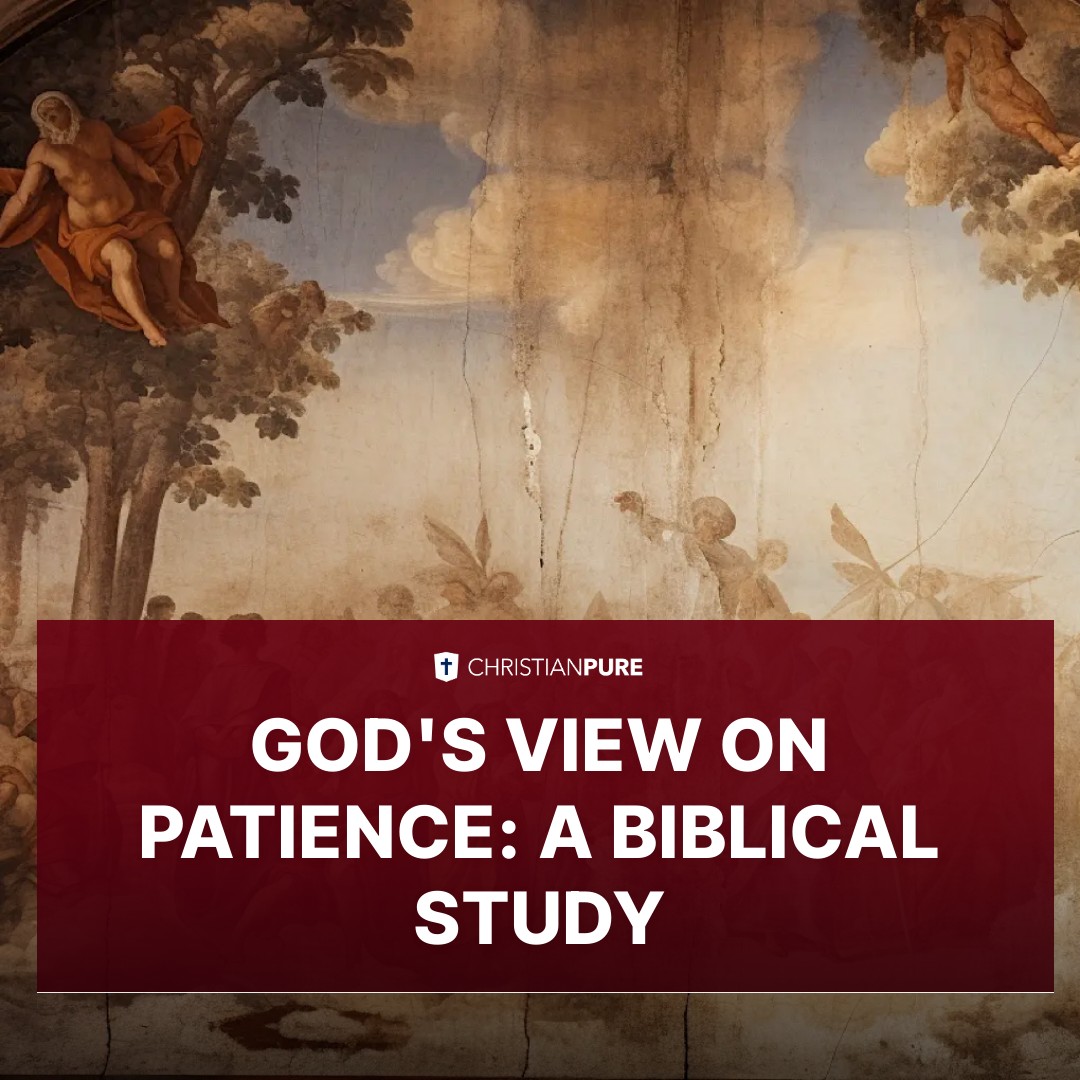God's Protection and Deliverance in War
Deuteronomy 20:4
"For the Lord your God is he who goes with you to fight for you against your enemies, to give you the victory."
Reflection: This verse emphasizes God's presence and assistance in Israel's battles. He fights for His people and grants them victory over their enemies.
Joshua 10:25
"And Joshua said to them, 'Do not be afraid or dismayed; be strong and courageous. For thus the Lord will do to all your enemies against whom you fight.'"
Reflection: Joshua encourages Israel to be strong and courageous in battle, trusting that God will defeat their enemies as He has promised.
2 Chronicles 20:15
"And he said, 'Listen, all Judah and inhabitants of Jerusalem and King Jehoshaphat: Thus says the Lord to you, "Do not be afraid and do not be dismayed at this great horde, for the battle is not yours but God's."'"
Reflection: This verse reminds us that the battle ultimately belongs to God. When Israel faced overwhelming odds, they were called to trust in God's power and deliverance.
Psalm 144:1-2
"Blessed be the Lord, my rock, who trains my hands for war, and my fingers for battle; he is my steadfast love and my fortress, my stronghold and my deliverer, my shield and he in whom I take refuge, who subdues peoples under me."
Reflection: The psalmist acknowledges God as the source of strength and training for battle. He recognizes God's love, protection, and deliverance in the midst of warfare.
God's Judgment and Discipline Through War
Leviticus 26:23-25
"And if by this discipline you are not turned to me but walk contrary to me, then I also will walk contrary to you, and I myself will strike you sevenfold for your sins. And I will bring a sword upon you, that shall execute vengeance for the covenant. And if you gather within your cities, I will send pestilence among you, and you shall be delivered into the hand of the enemy."
Reflection: This passage warns of God's judgment through war when Israel persists in disobedience. War is sometimes used as a means of discipline and correction, calling Israel back to covenant faithfulness.
Judges 3:12
"And the people of Israel again did what was evil in the sight of the Lord, and the Lord strengthened Eglon the king of Moab against Israel, because they had done what was evil in the sight of the Lord."
Reflection: Israel's disobedience and evil actions led to God strengthening their enemies against them. War becomes a consequence of Israel's unfaithfulness.
Jeremiah 21:4-5
"Thus says the Lord, the God of Israel: Behold, I will turn back the weapons of war that are in your hands and with which you are fighting against the king of Babylon and against the Chaldeans who are besieging you outside the walls. And I will bring them together into the midst of this city. I myself will fight against you with outstretched hand and strong arm, in anger and in fury and in great wrath."
Reflection: Due to Israel's persistent disobedience, God declares that He will fight against them, turning their own weapons against them. War becomes a means of God's judgment and wrath.
War and Trust in God
1 Samuel 17:45-47
"Then David said to the Philistine, 'You come to me with a sword and with a spear and with a javelin, but I come to you in the name of the Lord of hosts, the God of the armies of Israel, whom you have defied. This day the Lord will deliver you into my hand, and I will strike you down and cut off your head. And I will give the dead bodies of the host of the Philistines this day to the birds of the air and to the wild beasts of the earth, that all the earth may know that there is a God in Israel, and that all this assembly may know that the Lord saves not with sword and spear. For the battle is the Lord's, and he will give you into our hand.'"
Reflection: David's confrontation with Goliath demonstrates his unwavering trust in God's power to deliver Israel from their enemies. The battle belongs to the Lord, and victory comes through faith in Him, not merely through human weapons and strength.
2 Chronicles 32:7-8
"'Be strong and courageous. Do not be afraid or dismayed before the king of Assyria and all the horde that is with him, for there are more with us than with him. With him is an arm of flesh, but with us is the Lord our God, to help us and to fight our battles.' And the people took confidence from the words of Hezekiah king of Judah."
Reflection: King Hezekiah encourages Israel to trust in God's presence and help in battle, recognizing that God's power surpasses that of their enemies. Trusting in God brings confidence and strength in the face of war.
Psalm 20:7
"Some trust in chariots and some in horses, but we trust in the name of the Lord our God."
Reflection: The psalmist declares that Israel's trust is not in military might or weaponry, but in the name of the Lord. True security and victory come from placing one's trust in God.
War and God's Sovereignty
1 Chronicles 5:22
"For many fell, because the war was of God. And they lived in their place until the exile."
Reflection: This verse acknowledges that the outcome of war is ultimately determined by God's sovereign will. The battle is "of God," indicating His control and purpose in the events of war.
Isaiah 45:7
"I form light and create darkness; I make well-being and create calamity; I am the Lord, who does all these things."
Reflection: God declares His sovereignty over all things, including both well-being and calamity, which can encompass the events of war. This verse reminds us that God is in control, even in the midst of the chaos and destruction of war.
Amos 3:6
"Is a trumpet blown in a city, and the people are not afraid? Does disaster come to a city, unless the Lord has done it?"
Reflection: The prophet Amos affirms that disaster, including the calamities of war, does not happen apart from God's sovereign permission and purpose. While God is not the author of evil, He allows and uses even the hardships of war for His ultimate plans.
War and the Messianic Kingdom
Isaiah 2:4
"He shall judge between the nations, and shall decide disputes for many peoples; and they shall beat their swords into plowshares, and their spears into pruning hooks; nation shall not lift up sword against nation, neither shall they learn war anymore."
Reflection: This messianic prophecy points to a future time of peace, when wars will cease and weapons will be transformed into tools of agriculture. It anticipates the reign of the Messiah, who will bring an end to conflict and establish lasting peace.
Micah 4:3
"He shall judge between many peoples, and shall decide for strong nations far away; and they shall beat their swords into plowshares, and their spears into pruning hooks; nation shall not lift up sword against nation, neither shall they learn war anymore."
Reflection: Similar to the prophecy in Isaiah, this verse looks forward to the messianic age, when the Messiah will judge the nations and bring an end to war. It envisions a time of peace and prosperity, where weapons of war are transformed into tools of cultivation.
Zechariah 9:10
"I will cut off the chariot from Ephraim and the war horse from Jerusalem; and the battle bow shall be cut off, and he shall speak peace to the nations; his rule shall be from sea to sea, and from the River to the ends of the earth."
Reflection: This messianic prophecy speaks of a future ruler who will bring an end to warfare and establish peace among the nations. It points to the Messiah, whose reign will extend to the ends of the earth and bring a cessation of conflict.
War and God's Justice
Psalm 9:7-8
"But the Lord sits enthroned forever; he has established his throne for justice, and he judges the world with righteousness; he judges the peoples with uprightness."
Reflection: In the midst of war and conflict, the psalmist affirms God's eternal reign and His commitment to justice and righteousness. God judges the nations with fairness and uprightness, even in the chaos of war.
Isaiah 13:11
"I will punish the world for its evil, and the wicked for their iniquity; I will put an end to the pomp of the arrogant, and lay low the pompous pride of the ruthless."
Reflection: God declares His intention to bring justice and judgment upon the wicked and arrogant nations through the means of war. War becomes an instrument of God's justice, punishing evil and humbling the proud.
Habakkuk 2:12-13
"Woe to him who builds a town with blood and founds a city on iniquity! Behold, is it not from the Lord of hosts that peoples labor merely for fire, and nations weary themselves for nothing?"
Reflection: The prophet Habakkuk pronounces judgment upon those who build cities and nations through bloodshed and injustice. He affirms that such efforts are ultimately futile and will be brought to nothing by the Lord of hosts.
War and Repentance
2 Chronicles 7:14
"If my people who are called by my name humble themselves, and pray and seek my face and turn from their wicked ways, then I will hear from heaven and will forgive their sin and heal their land."
Reflection: In times of war and national distress, God calls His people to humble themselves, pray, and turn from their wicked ways. Repentance and seeking God's face are the pathway to forgiveness, healing, and restoration.
Joel 2:12-13
"'Yet even now,' declares the Lord, 'return to me with all your heart, with fasting, with weeping, and with mourning; and rend your hearts and not your garments.' Return to the Lord your God, for he is gracious and merciful, slow to anger, and abounding in steadfast love; and he relents over disaster."
Reflection: The prophet Joel urges the people to return to God with sincere repentance, even in the face of impending war and disaster. He emphasizes God's gracious and merciful character, inviting the people to turn back to Him and experience His compassion.
Jeremiah 4:1-2
"'If you return, O Israel, declares the Lord, to me you should return. If you remove your detestable things from my presence, and do not waver, and if you swear, "As the Lord lives," in truth, in justice, and in righteousness, then nations shall bless themselves in him, and in him shall they glory.'"
Reflection: God calls Israel to return to Him in repentance, removing their idolatry and committing to truth, justice, and righteousness. Such genuine repentance has the power to transform not only Israel but also the nations, bringing blessing and glory to God.
War and Spiritual Warfare
Ephesians 6:12
"For we do not wrestle against flesh and blood, but against the rulers, against the authorities, against the cosmic powers over this present darkness, against the spiritual forces of evil in the heavenly places."
Reflection: This verse reminds us that the ultimate battle is not against human enemies but against spiritual forces of evil. As believers, we are engaged in a spiritual warfare that transcends physical conflicts and requires spiritual armor and weapons.
2 Corinthians 10:3-4
"For though we walk in the flesh, we are not waging war according to the flesh. For the weapons of our warfare are not of the flesh but have divine power to destroy strongholds."
Reflection: The apostle Paul emphasizes that our warfare is not conducted according to the flesh but through divine power. Our weapons are not physical but spiritual, capable of destroying spiritual strongholds and advancing God's kingdom.
1 Timothy 1:18
"This charge I entrust to you, Timothy, my child, in accordance with the prophecies previously made about you, that by them you may wage the good warfare."
Reflection: Paul encourages Timothy to engage in the good warfare, relying on the prophecies and spiritual gifts he has received. As believers, we are called to fight the good fight of faith, persevering in the spiritual battle.
These 24 verses, organized into categories, provide a comprehensive perspective on Israel at war from a biblical and theological standpoint. They highlight God's protection and deliverance, His judgment and discipline, the importance of trust in God, His sovereignty over the outcomes of war, the messianic hope for peace, God's justice in the midst of conflict, the call to repentance, and the spiritual nature of our ultimate battle. As Christian theologians reflect on these verses, they recognize the complex realities of war in the biblical narrative while affirming God's ultimate purposes of redemption, justice, and peace.





















